9 Worrying Similarities Between Maraysia and North Korea
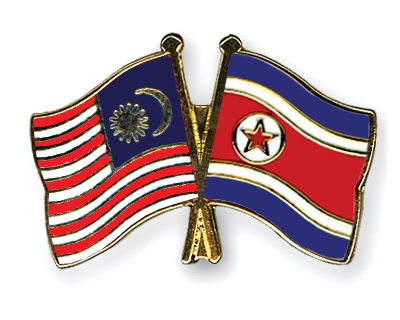
- 1.8KShares
- Facebook1.8K
- Twitter5
- Email14
- WhatsApp36
The Democratic People’s Republic of Korea (aka North Korea) shares surprisingly close ties with Malaysia. For instance, we’re able to travel to the DPRK without a visa, and while Singapore is able to as well, we were the first. So pfft, Singapore. Pfft.
We also have strong enough bilateral trade relations that we actually use North Korean technology to grow rice. Do note, however, that we weren’t able to find any other sources to confirm that this technology is still being used so don’t rice any complaints against us by saying that our articles don’t hold a grain of truth and we are a disgrace to the field of writing.
So what factors led to this chummy relationship? Well to be honest we don’t know for sure but we think it may be due to how both our countries share similarities despite being so different.
Now, we aren’t saying that North Korea and Malaysia are alike because they totally aren’t (and because we don’t want to get in trouble with SOSMA, but more on that later). What we’re exploring is how two seemingly different countries can still hold some similarities with one another. And besides, we rearry rike Kim Jong Un memes.
So without further ado, let us share with you some of the results of the research we have Kim Jong Un-dertaken:
1. Both are ranked the worst in human trafficking (as of 2014)
In the 2014 annual Trafficking in Persons report, the United States has dropped Malaysia’s ranking to tier 3, which is defined as “...countries [that] do not fully comply with the minimum standards and have not shown the U.S. they’re making significant efforts to do so.” This is the lowest possible ranking on the scale and it puts us on par with countries such as Thailand (also dropped in 2014), Iran, Democratic Republic of Congo, Cuba, and of course, North Korea. This isn’t the first time we’ve been on Tier 3 too – we’ve been put there in 2007 and 2009, and spent the other years (from 2007) on the watch list.

Screencapped from the Trafficking in Persons Report 2014
Being in this category means that the US may use this reasoning to impose economic sanctions or withhold or withdraw financial aid. Tier 3 countries also may also face direct U.S. opposition when seeking aid from international financial institutions such as the World Bank or International Monetary Fund. You can read the full report from the U.S. State Department here.
2. Both have been governed by one party since independence.
While Malaysia has a pretty clear-cut independence day that most people have to mentally sing the lyrics “Tanggal tiga puluh satu, bulan lapan, lima puluh tujuh” (In case you’ve ever been curious, “Tanggal” also means “date”) to recall,
North Korea has two: Liberation Day (Freedom from Japanese occupation, August 15th, 1945) and Independence Day (Founding of the DPRK, September 9th 1948). Either way, what’s important is that North Korea has been under the governance of the Democratic Front for the Reunification of the Fatherland since 1946, while Malaysia has been under UMNO (Barisan Nasional in 1976) since 1957. Also, both had a hand in achieving independence with Eternal President Kim Il-Sung driving the Japanese out and UMNO (Then under the Alliance Party) driving the Communists out and brokering for Independence from the British.
And yes, North Korea’s party coalition is actually called the Democratic Front for the Reunification of the Fatherland. This name deserves to win all elections, if North Korea actually had elections.
Oh wait, they do.
3. Both conduct democratic elections
While it’s no surprise that Malaysia has its elections every 5 years, we were rather surprised to find that North Korea does the same. You can read up more on the Malaysian electoral process here, but we’re going to do a little comparison between the last North Korean elections in March 2014 and the most recent Malaysian elections in 2013.
Voter Turnout
North Korea: Exact or close to 100%
Malaysia: 80% in GE13
Global: 65.8%
Voting Process
Malaysia: Ballot sheets bearing the names and party logos of contesting candidates are provided. Voters to mark the box next to their chosen candidate in a private voting booth. No confidential information is stated on the ballot paper.
North Korea: Voting ballot consists of one candidate’s name and a box marked “YES”. Voters mark their ballot sheets in view of a military official. Those who opt to vote “NO” for the candidate can do so in a separate, public ballot box. All identities of voters are known to the government so that they may also simultaneously conduct a census to see if anyone’s defected.
Weather
Malaysia: Clear skies with a slight chance of afternoon/evening downpour
North Korea: Clear skies with a chance of spontaneous songs in praise to Kim Jong Un*
(Malaysia sources: The Star, FreeMalaysiaToday)
(We wish we made up the North Korea sources: CBC, Time.com, The Economist)
*Kim Jong Un won his constituency with a full approval rating, which is quite expected since the honor of being able to show approval for him moved his constituents so much that they spontaneously burst into song.
4. Both have extensive use of titles
First off, an honorific title in this context is an officially conferred title so the ones we Malaysians are familiar with would be Tan Sri’s, Datuks, etc. These are pretty common world-wide, with English royal titles (Dukes, Lords, Sirs) being another common example. North Korea takes this to a whole other level with Kim Jong Il’s titles (He has more than 50 of them) ranging from “His Excellency” to “Highest Incarnation of the Revolutionary Comradely Love”
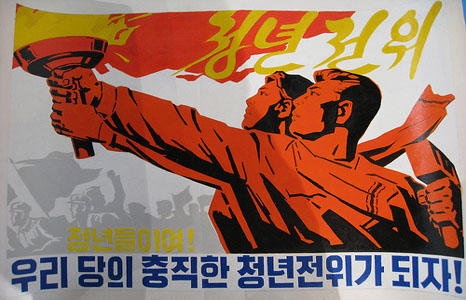
(Made up) Translation:
Soldier 1: I holding torch for you long time.
Soldier 2: I help you hold it while pounding with hammer in other hand
Lets face it, if this was a challenge North Korea wins hands-down. There’s no way our Yang Berbahagia Tan Sri Dato’ whatever would even come close to Kim Jung Un, or rather Marshal of the Democratic People’s Republic of Korea, First chairman of the National Defense Commission, First secretary of the Workers’ Party, Chairman of the party’s Central Military Commission, Member of the Presidium of the party’s Political Bureau, and Supreme commander of the Korean People’s Army Kim Jung Un.
5. They are featured in a movie with the plot involving the assassination of their leader
As we’ve covered in a previous brilliantly-written article, the plot of Zoolander (2001) involves Ben Stiller’s character being brainwashed to assassinate the “Prime Minister of Malaysia” in order for the bad guy to retain sweatshop labor in the country (spoiler!). We used quotes for “Prime Minister of Malaysia” because that’s the character’s name and he bears no resemblance to any of Malaysia’s prime ministers.
In comparison to this, North Korea has it worse because an upcoming movie starring James Franco and Seth Rogan actually involves the assassination of Kim Jong Un who is mentioned by name and depicted quite accurately in the trailer.
Marshal of the Democratic People’s Republic of Korea, First chairman of the National Defense Commission, First secretary of the Workers’ Party, Chairman of the party’s Central Military Commission, Member of the Presidium of the party’s Political Bureau, and Supreme commander of the Korean People’s Army Kim Jung Un is apparently no amused and thinks the plot is no funny.
However, we’d like to point out as well that while Malaysia banned Zoolander from cinemas upon release, Marshal of the Democratic People’s Republic of Korea, First chairman of the National Defense Commission, First secretary of the Workers’ Party, Chairman of the party’s Central Military Commission, Member of the Presidium of the party’s Political Bureau, and Supreme commander of the Korean People’s Army Kim Jung Un is planning to watch the movie when it gets released in October
6. Both have leaders with honorary degrees from a Malaysian university.
It was a huge honor when great leader was conferred an honorary doctorate from a Malaysian institute of education. People crowded to catch a glimpse of dear leader, while uplifting local music filled the air – but just barely- as the cheers of the crowd was overpowering. People were dressed their finest, with greeters and performers as practised and as organized as they ever would be. A glowing accolade was given to honor dear leader as she was conferred with an Honorary Doctorate of Innovation in Human Capacity Development by Limkokwing University of Creative Technology
http://www.youtube.com/watch?v=eJXSqDMpmmU#t=40
Oh, and Kim Jong Un got an honorary doctrate in Economics from HELP University while Dato’ Sri Najib has an Honorary Doctorate of Arts from Multimedia University and one in Social Transformation from Limkokwing University.
7. Both countries have an institutionalized system of ascribed status
Yeah, that’s pretty much a smart way to say that being born or being subject to uncontrollable factors such as race, age, family background, or gender puts certain people at an advantage or disadvantage over others. The best example of this would be India’s caste system.
In North Korea, it’s the Songbun – a system used to categorize the population into loyalty groups of “loyal/friendly”, “neutral”, and “hostile”. Songbun can be downgraded for any reason ranging from lack of political enthusiasm to marrying someone of lower standing, and actions of family members directly affect the entire clan. Songbun affects a person’s educational and employment opportunities as well as eligibility to join political parties.
In Malaysia, we have Article 153 – created to safeguard the special position of Malays and natives of any of the States of Sabah and Sarawak and the legitimate interests of other communities; and the New Economic Policy – formulated after the May 13 racial riots. Both lead to reserved quotas in government jobs, university placement, and government licenses, as well as subsidies and required Malay participation in listed companies.
8. Both practice detention without trial (sorta)
Most of us Malaysians are familiar enough with the Internal Security Act, or ISA. It’s basically the thing that makes you disappear and end up in this place:
The good news is that Dato Sri Haji Mohammad Najib bin Tun Haji Abdul Razak (nope, still can’t beat Kim Jong Un’s title) repealed the ISA in 2012, replacing it with the Security Offences (Special Measures) Act or SOSMA. This act is meant to mediate Malaysia’s capacity for counter-terrorism while addressing the criticism that the ISA was being misused to stifle legitimate political opposition
Among the changes was a specific mention that individuals cannot be charged for their political beliefs or activities. Also, while it still allows the police to detain a suspect without a warrant, it’s for 24 hours in which police must immediately notify the next of kin and allow legal representation. After these 24 hours, the police can then decide if the suspect should be remanded further for up to a maximum of 28 days afterwhich charges must be filed, or the suspect is released. This is an improvement to the ISA, which permits 60 days of initial police detention that can be followed by 2 years of detention which can be infinitely renewed by the Home Minister. (Sources: Selangor Times, Asia Pacific Bulletin)
Here’s an easy infographic from the Prime Minister’s personal website: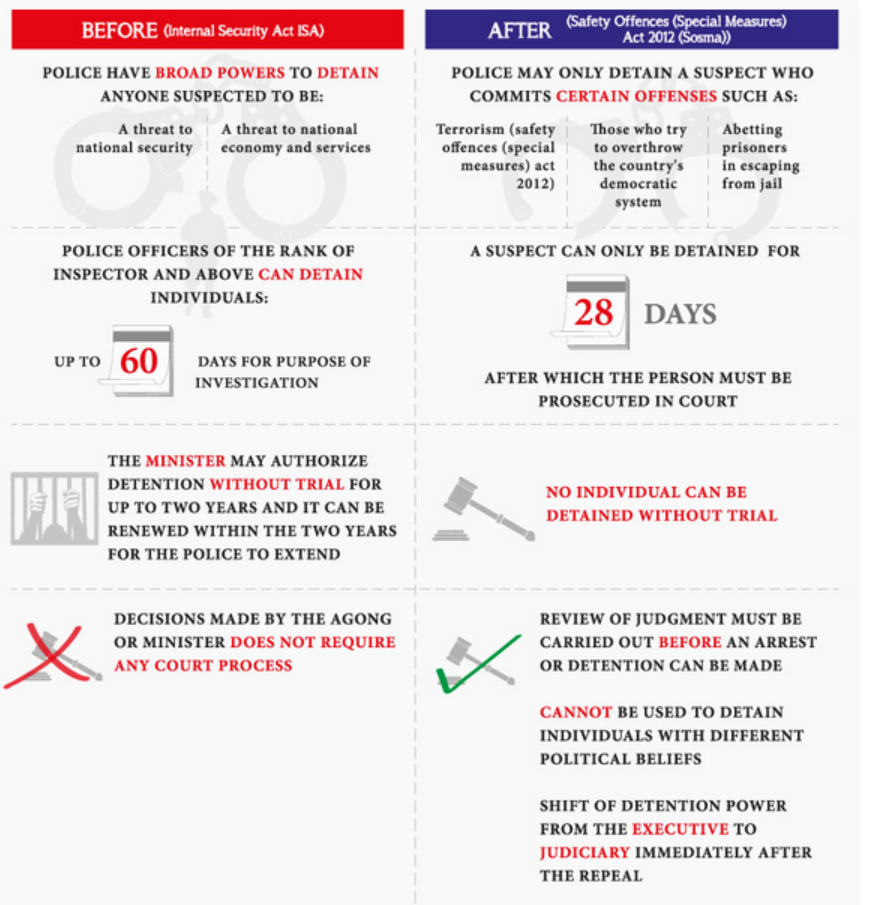
However, there are still claims that SOSMA is nothing more than a rebranded ISA.
Despite being called a Police State, North Korean citizens aren’t complaining about their rights but that’s mostly because they’ll be thrown into a “reeducation camp” if they do.
Putting aside how potentially fun it sounds, political reeducation in North Korea involves torture, forced labor, and betraying one’s own mother. Click on the links for the stories, but don’t blame us for spoiling your day. If reading depressing stories of what human being are capable of doing to one another, here are some drawings based on the experiences of a former political prisoner.
So what vile crimes must you commit in order to be thrown into one of these camps? We don’t have a specific list, but it lies between “anything” and “everything”. No really, offences one can possibly be arrested for include “crimes against the state,” “crimes against the people,” and “we arrested him but we’re not telling you why”
Oh, and the system is based on collective punishment based on the rule of three generations. This means that an offender would also get his or her spouse, parents, children, and possibly grandchildren sent to the camps as well.
But thankfully, there is a way to get out of this- North Korea enforces execution without trial.
You’re welcome.
Extra Sos: A reader who prefers to remain anonymous pointed us to this article from The Star that North Korea’s ambassador to Malaysia, Jang Yong-Chol, was recalled back to Pyongyang and executed as part of a purge to remove Kim Jong un’s uncle and his supporters for “anti-party, counter-revolutionary factional acts.” The purge also included many family members, some of whom were publicly shot in front of their neighbors if they resisted. Those who were spared were sent to remote villages.
We would follow this with depressing photos of said uncle, Jong Song Thaek, moments prior to his execution, but we’re going to post this instead:
9. They both don’t like their southern neighbors too much
North and South Korea are separated by a demilitarized zone (DMZ) which the most heavily armed and guarded border in the world. The two Koreas are officially still at war with only an armistice (Fancy political speak for “If you don’t fight me I won’t fight you”) agreement at the end of the Korean war keeping things relatively peaceful.
North Korea ended the armistice in 2013.
Because Malaysia’s beef with Singapore is nowhere as serious, we’re going to look into the little things that neighbors do to annoy one another.
In what is probably the most tense boys-will-be-boys fight in recent history, both Koreas tried to see who could erect the longest flagpole. This isn’t even an euphemism because that’s exactly what they did. When South Korea put up a 323-foot flagpole, North Korea responded by building one that was 525 feet. This was, for a time, the tallest flagpole in the world.
While you’re probably thinking about how silly that sounds, we should remind you that Malaysia and Singapore have been involved in numerous fights over food. We have argued over who “invented” foods such as chili crabs, Hainanese chicken rice (We’re thinking it’s probably the Hainanese), and yee sang. This along with stabs at how Singapore fines you for the randomest things, kiasu-ness, and Malaysian entertainment websites having a category just to poke fun at Singapore just goes to show that we aren’t any more mature than the Koreans trying to see who had the longer flagpole. But hey, at least we have yet to claw anyone’s eyes out over the food war.
You know, claw because, chili crab. Geddit? Geddit?
So other than our obvious fascination for Kim Jong Un memes, why did we even write this article? In truth, we can find associations in anything if we look hard enough, kinda like seeing a face in the clouds or Jesus on a slice of toast. Finding similarities between Malaysia and North Korea proved to have been possible but not as easy as, say, America and North Korea.
And like a Taepodong missle launch, we fell a little short of the mark (in a good way).
- 1.8KShares
- Facebook1.8K
- Twitter5
- Email14
- WhatsApp36

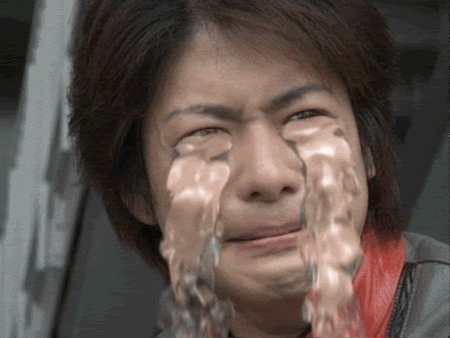

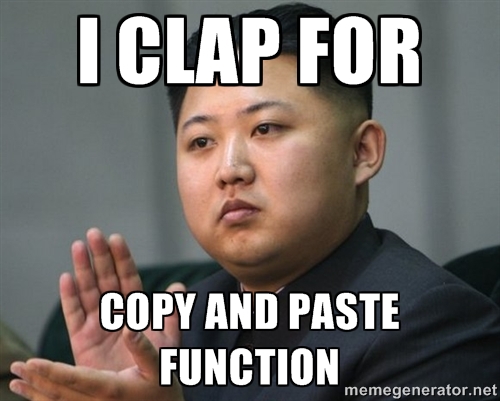
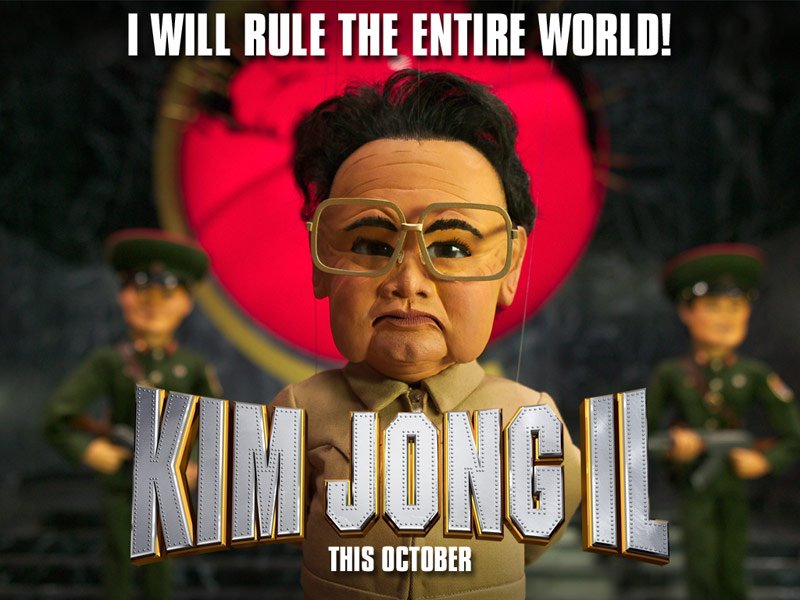
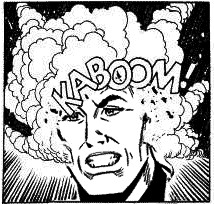
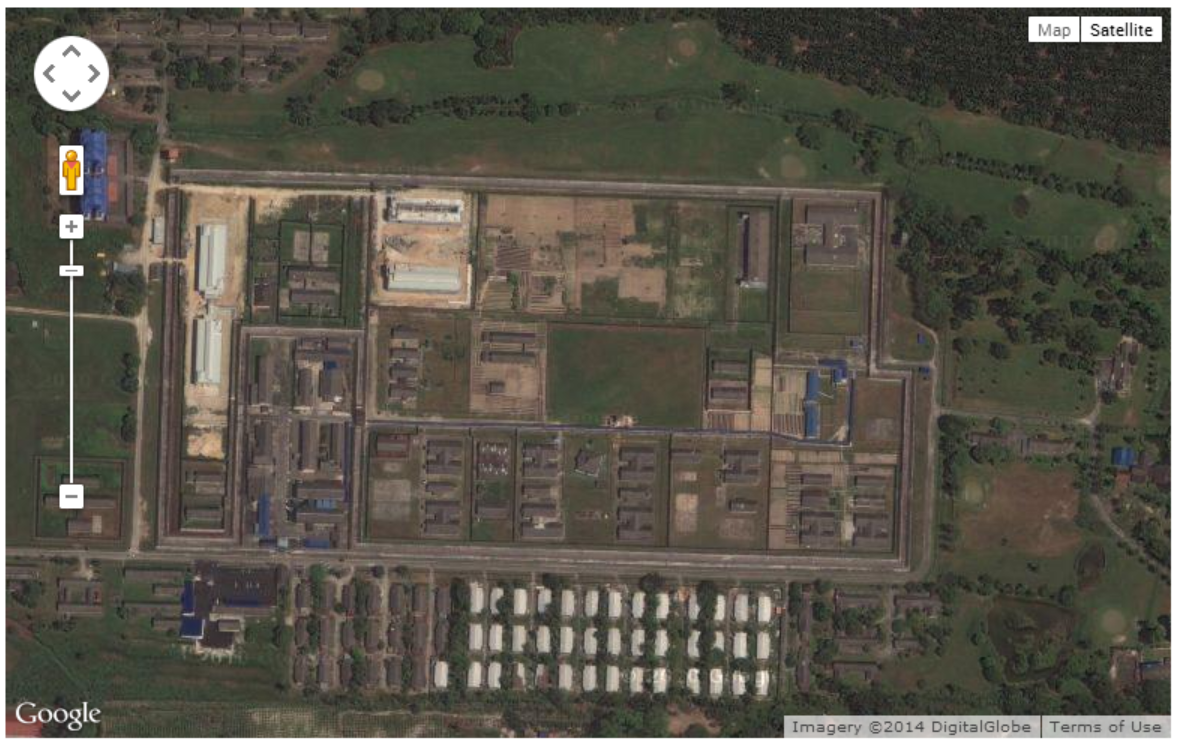
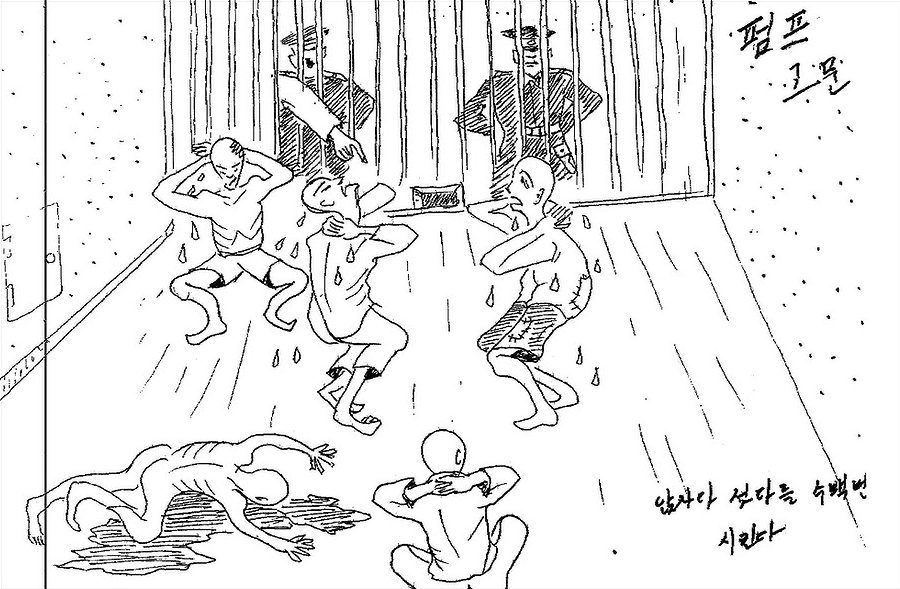
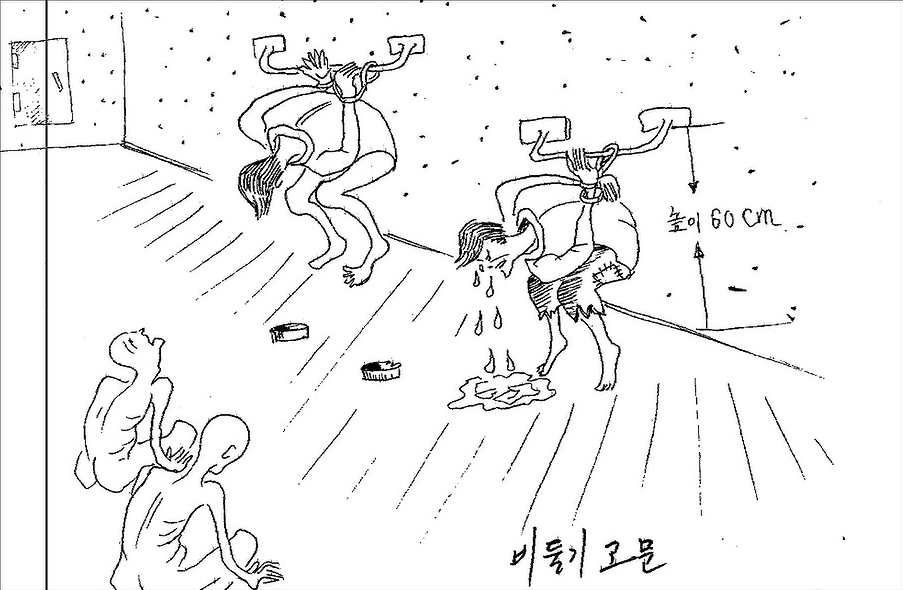
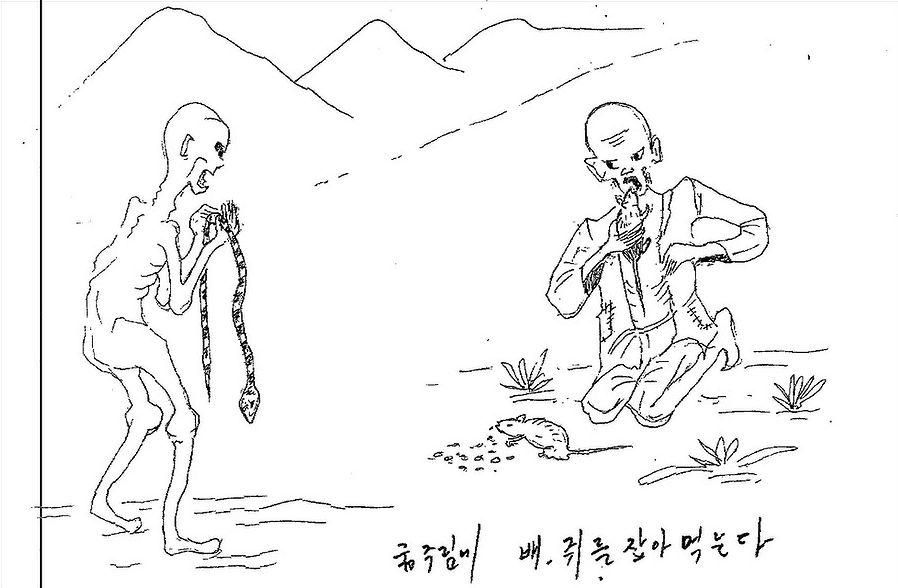
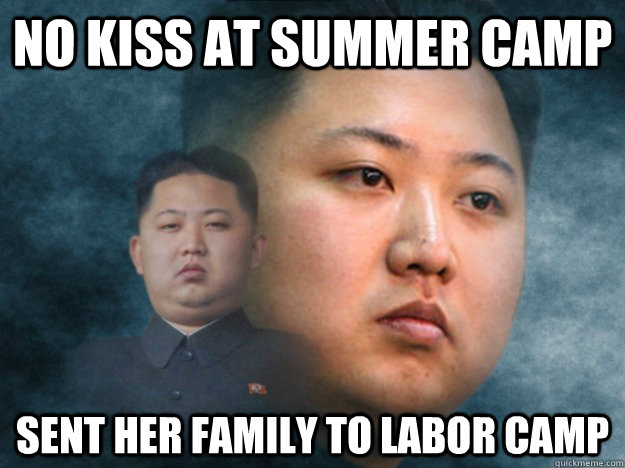
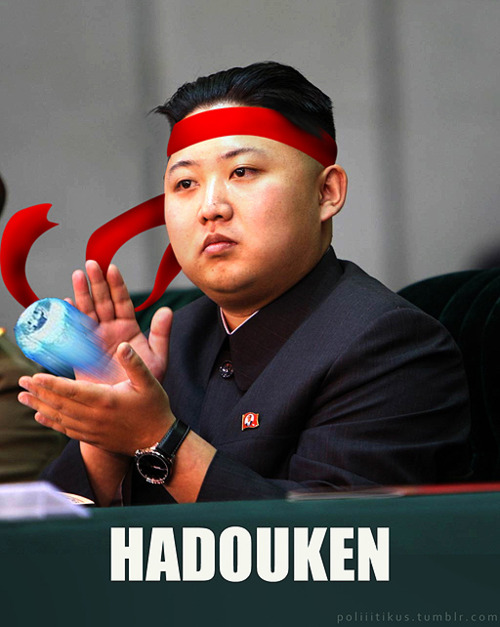
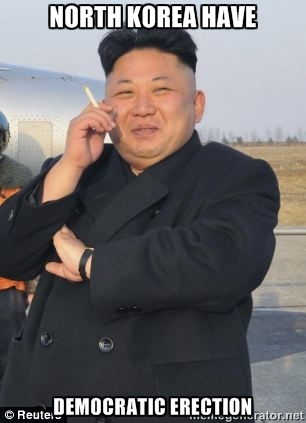
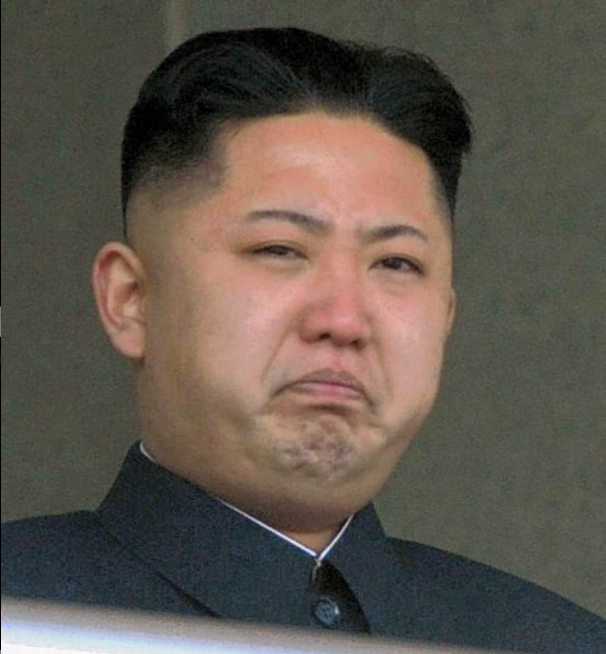
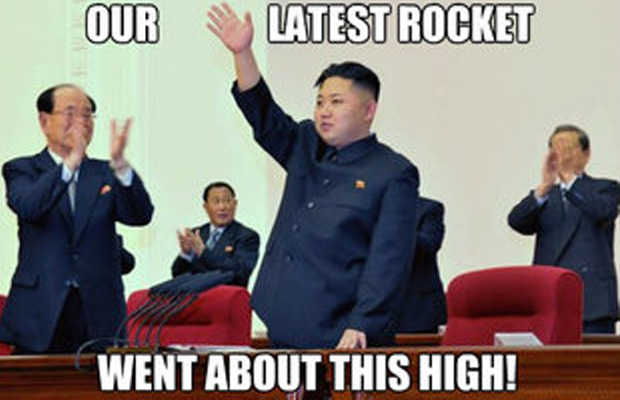
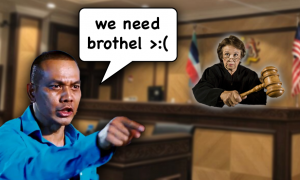



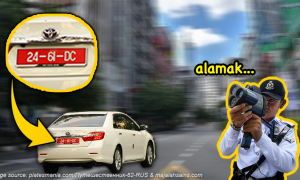

Pingback: The Results for the CILISOS AWARDS 2014! (Part 1) | CILISOS - Current Issues Tambah Pedas!
Pingback: Mine explodes in Sarawak killing and injuring…… North Koreans?! | CILISOS - Current Issues Tambah Pedas!
Pingback: 6 Surprises Working At A Malaysian Love Hotel | CILISOS - Current Issues Tambah Pedas!
Pingback: 3 Bangladeshi Workers’ Deaths Show Us What Migrant Lives Are Like In Malaysia | CILISOS - Current Issues Tambah Pedas!
Pingback: Singapoke FAQ: Your burning questions answered | CILISOS - Current Issues Tambah Pedas!
Pingback: 5 and a ½ Ways Immigrants Immigrate Into Malaysia | CILISOS - Current Issues Tambah Pedas!